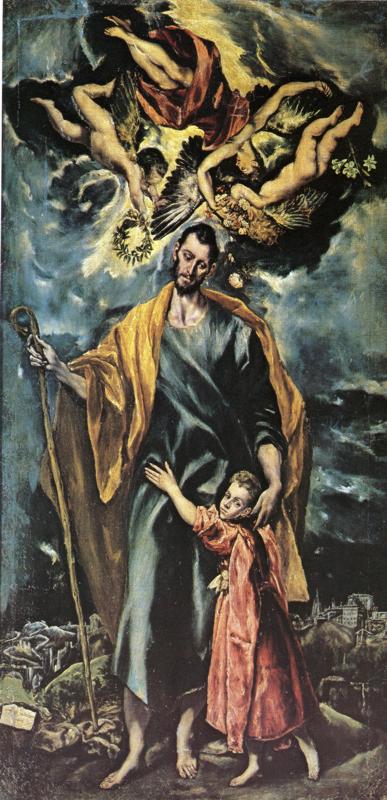Together we watched the people stagger—wild-eyed, their faces tainted as red as the broken stain glass windows—from the ruins of the bomb-ravaged building, always a place of God but a sanctuary no longer. Christmas Day. Egypt. Death. Their cries filled us with dread and pity, and our flesh crawled as the people would tumble right out of the television set and stumble at our feet. I put down my forkful, suddenly feeling queasy.
My cousin turned to me, eyes bright and hair ram-rod straight and freckles like stardust blown across her cheeks. Her own dinner also lay untouched. And then they speak of a God, she said bitterly. The flatness and certainty of her voice made me freeze.
I didn’t know what to say. Here in the comfort and warmth of my own home, heated by a furnace and a deep familial love, was there any wisdom and objectivity that I could offer? How could I counter the forthrightness of a seventeen-year-old with my own non-native experience? Not that my beliefs were shaken—convictions are the strongest symbol of mankind’s will—but how to counter her convictions with mine? It isn’t a light subject to juggle. Can two flint stones butt heads without igniting a fire?
I’d heard her words before in many voices and many variations. Once they’d made me wonder about the existence of God, of the balance of good and evil, of the reasoning behind life’s happenings, about the meaning and use of death and life. A web-work of ideas and speculations linked the beliefs in my mind, all centered around one core belief: that I must believe, because my personal belief becomes my personal reality. Nothing (that isn’t tangible; like not something you can pick up and shake) is actually real, I decided, if you don’t believe in it. True love, fear, trust, spirituality, goals—none of these have any meaning or purpose for us, the moment we do not place value in them. And the only way we place value in them, or give power to them, is by letting ourselves desire or need or simply feel them.
So it is with God, I reason. And all other beings and ideas associated with heaven and hell (including heaven and hell). As long as I decide to believe in it, it has meaning to me: I can explain life through this belief, I can find purpose and value and etymologies. I decide to believe in a power greater than myself—because it has proven (i.e. by creating the universe) that knows far more than I know, so who am I to doubt it?—and I have chosen to call it God, one of its many, many names. I have also decided that it is not the only power; only the ultimate power. Are all other powers a part of this ultimate power, consequently? That, I have not yet decided.
It’s not only God who exists, I said at last.
The words slipped out before I had given them a second thought, but even as I expelled them I found myself warming to their meaning. Because all the while, I realized, in observing the many joys and tragedies of lives around me, I hope and fear and worry and pray and believe in the truth of exactly that. My cousin chewed on the idea thoughtfully, and in silence this was our dinner.
"Angreek87"












No comments:
Post a Comment